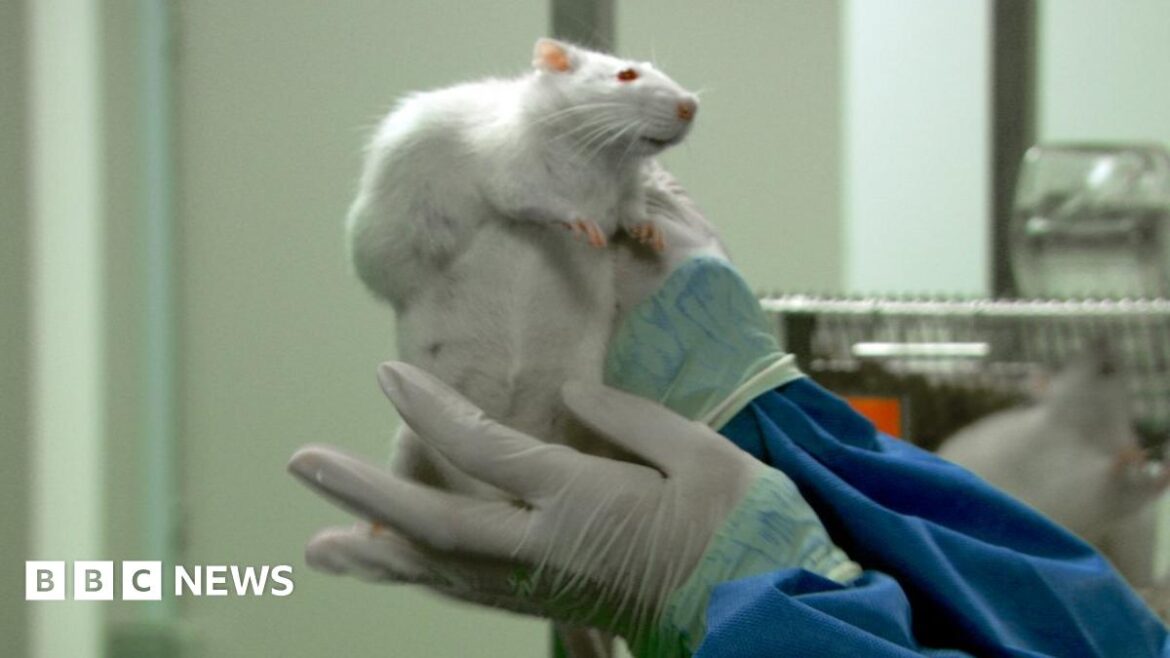They also questioned the choice of rat, which they said was well known to develop cancers, particularly if its diet was not well controlled. In addition, the small size of the control group – just 20 animals – made it difficult to draw any conclusions of significance, they argued.
And there was disapproval of the emotive way in which some of the results were presented in the paper, specifically pictures of rats with large tumours.
“The most evocative part of the paper is those pictures of tumorigenesis,” said Prof Maurice Moloney from Rothamsted Research, where much UK GM study is undertaken.
“They give the impression that this never happens in controls. I’d be surprised if it didn’t, but that ought to be explicitly demonstrated, and if there was a control that ended up showing similar kinds of tumorigenesis then a picture of that rat should be shown as well, just so we can see if there are any qualitative differences between them.”
In a move regarded as unusual by the media, the French research group refused to provide copies of the journal paper to reporters in advance of its publication, unless they signed non-disclosure agreements. The NDAs would have prevented the journalists from approaching third-party researchers for comment.
In the event, French media broke the 1300 GMT embargo and ran stories early on Wednesday morning.
Jonathan.Amos-INTERNET@bbc.co.uk and follow me on Twitter: @BBCAmos, external

